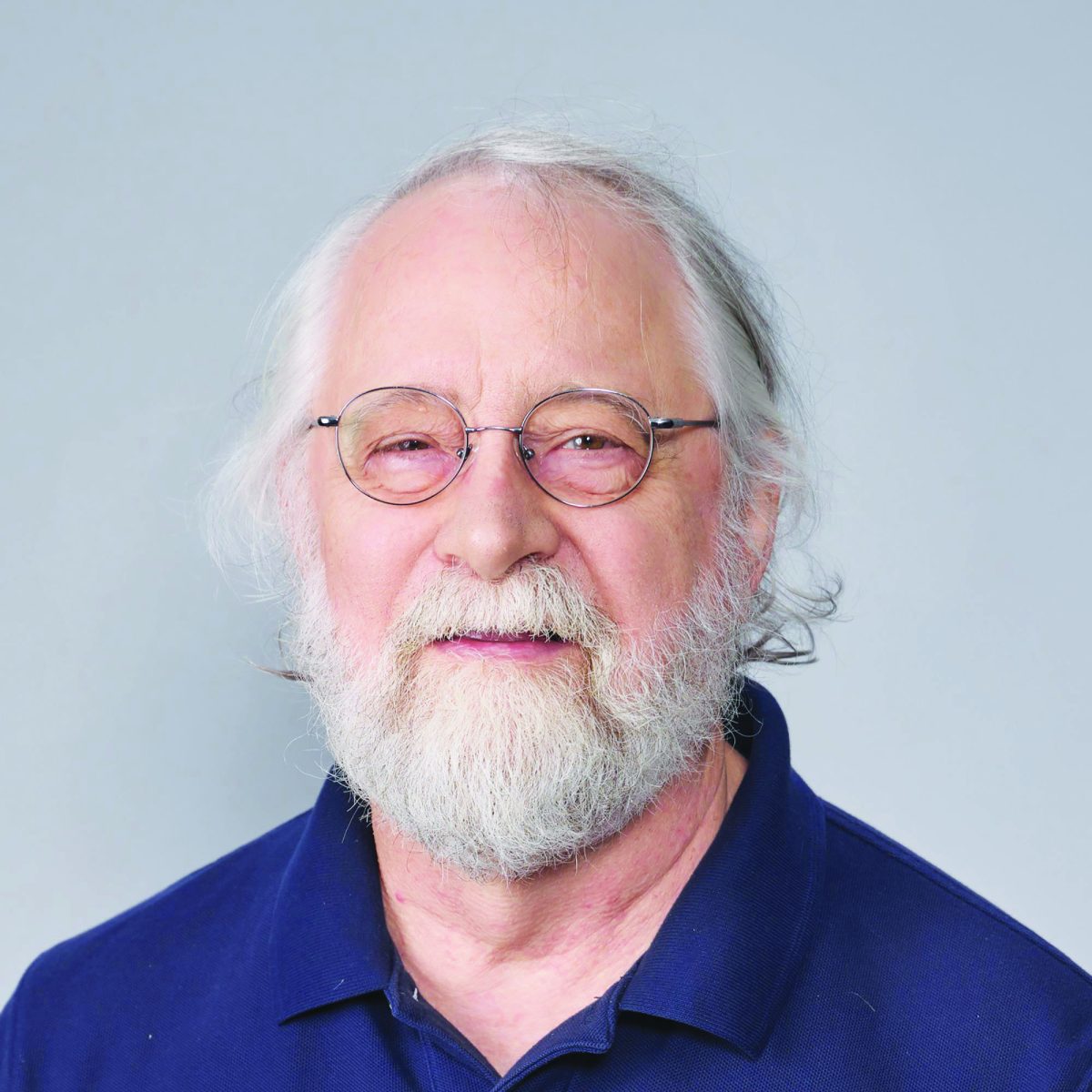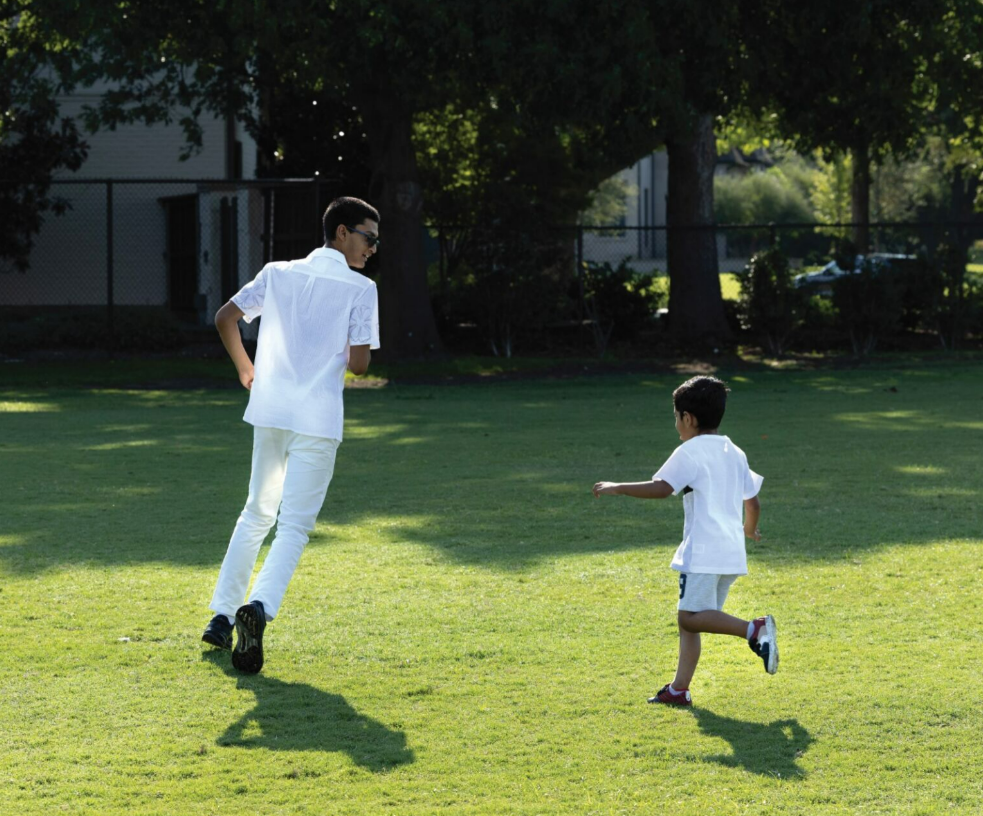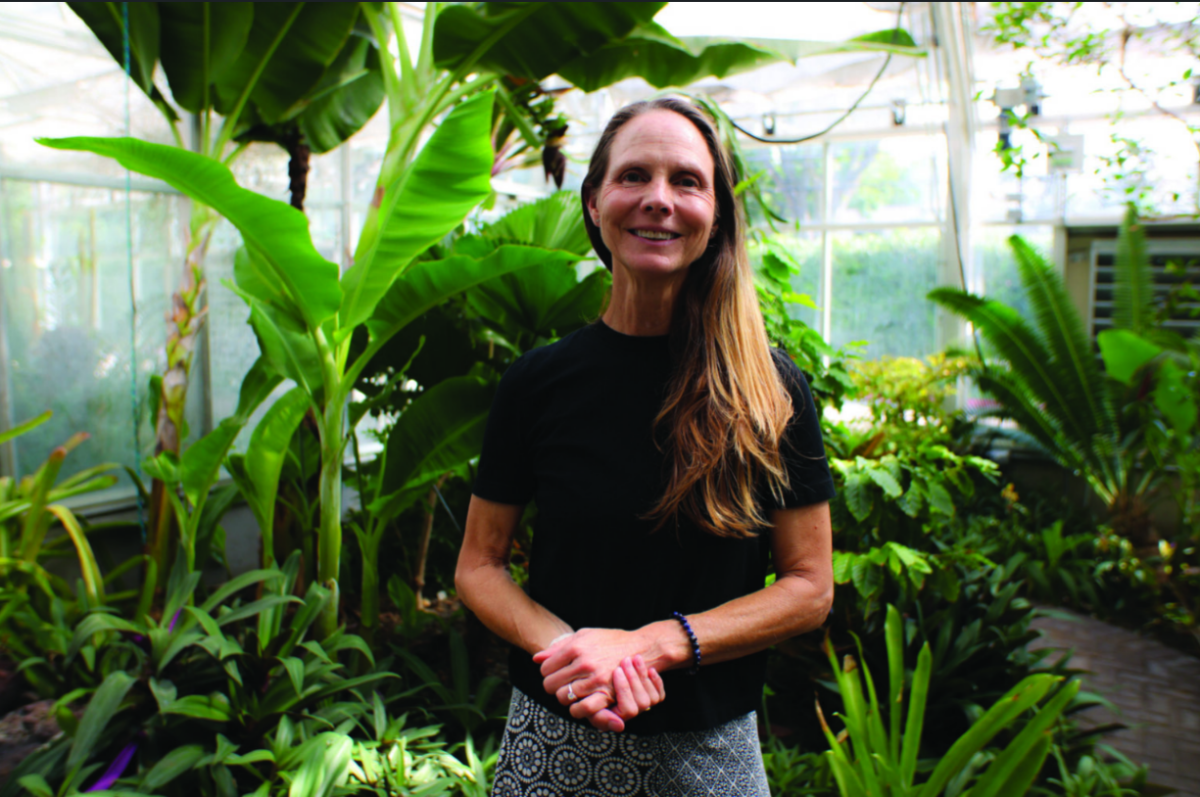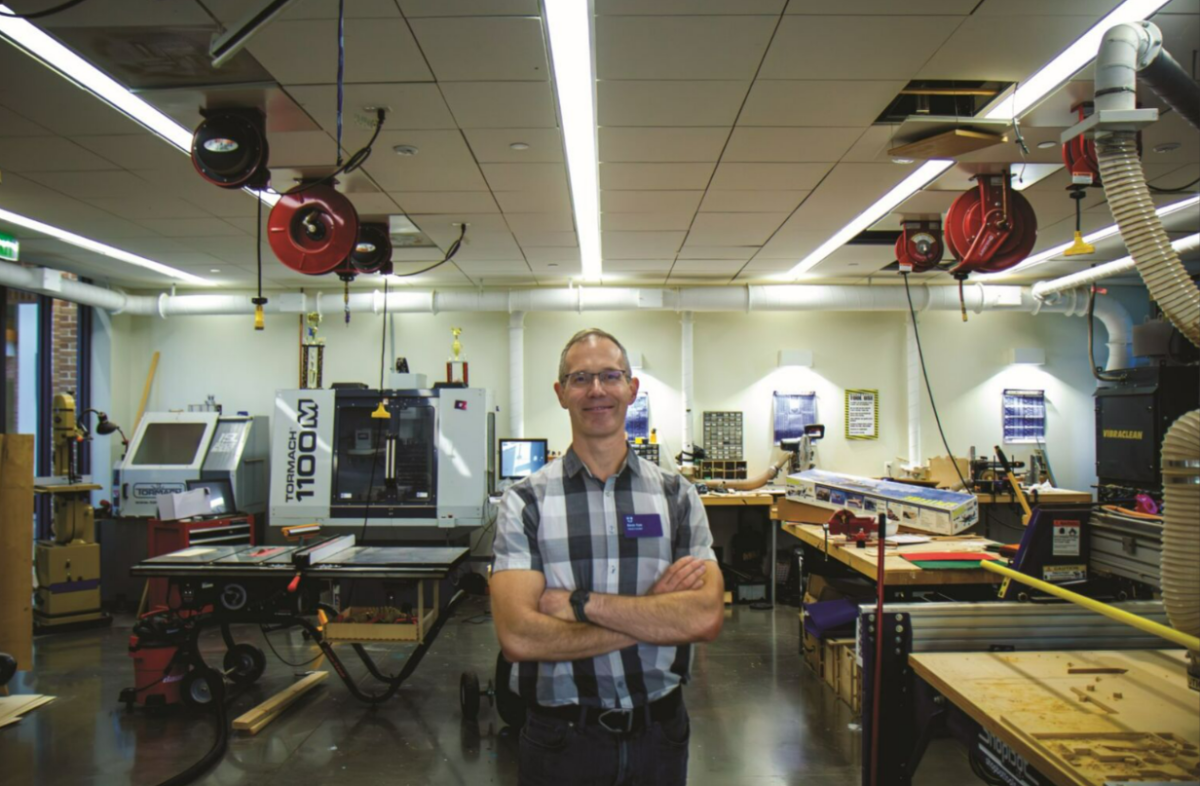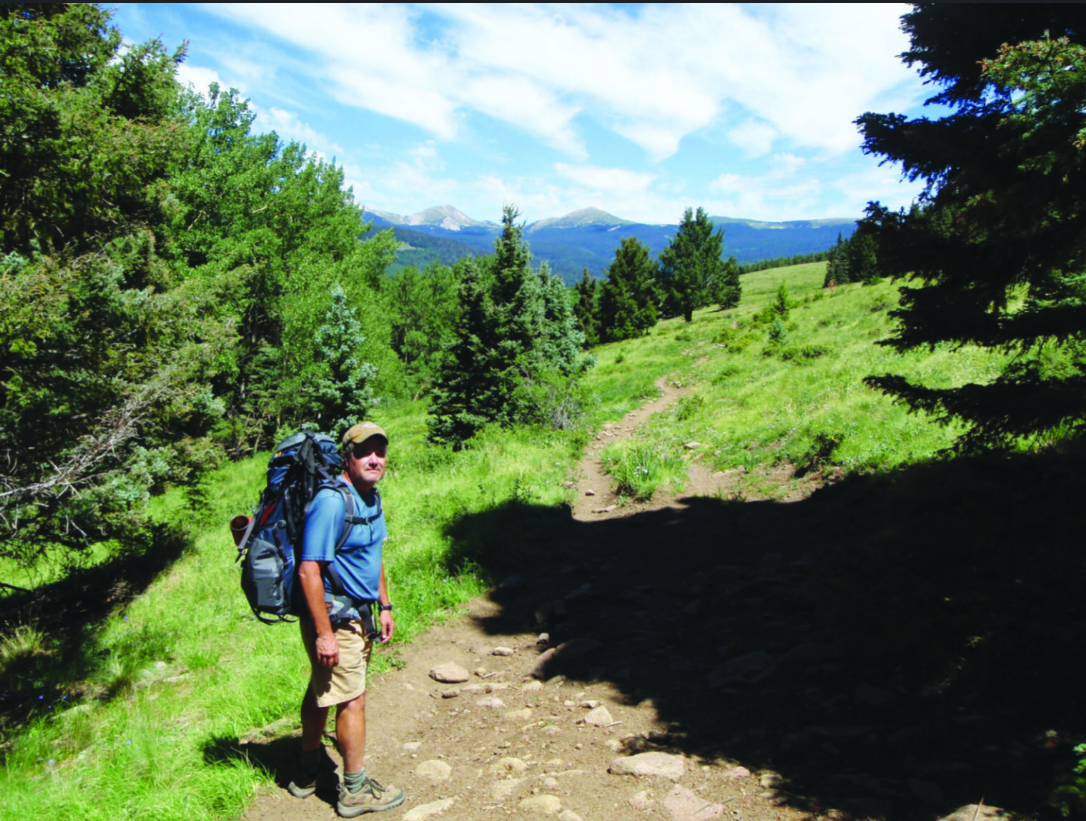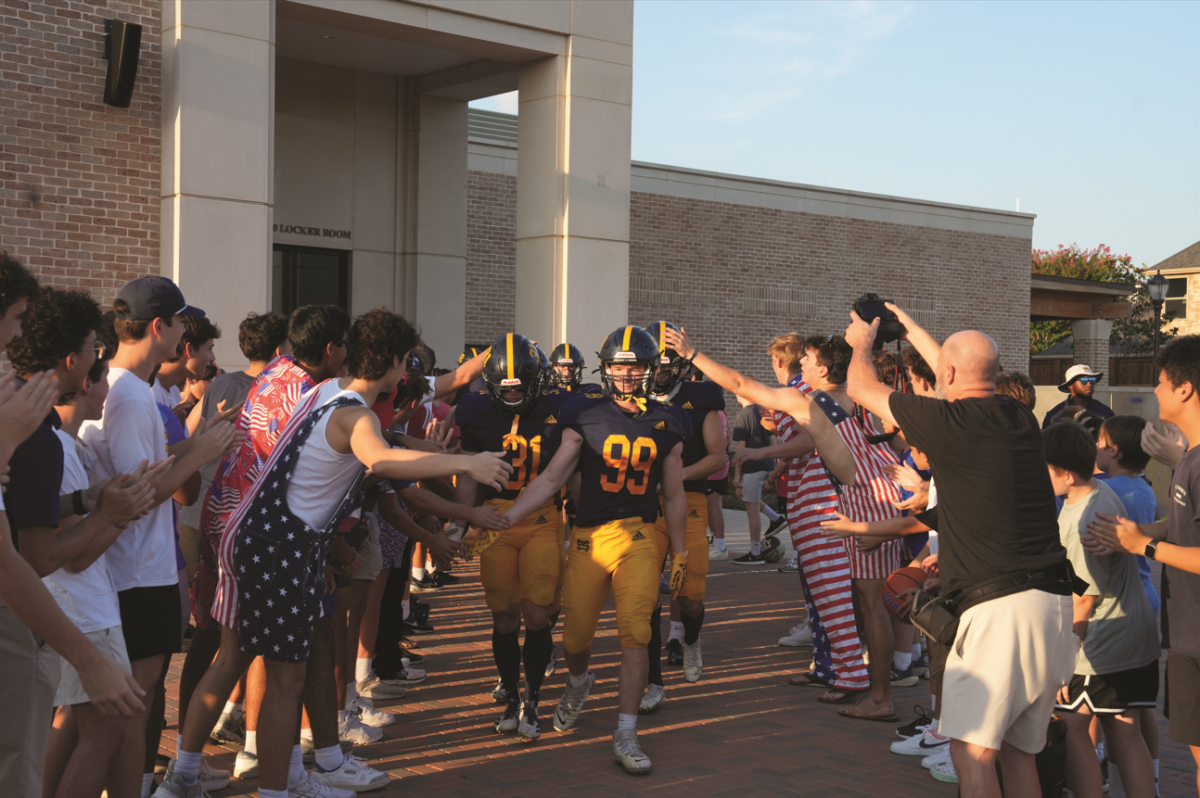Fresh out of college, Science Instructor Stephen Houpt traveled throughout the northwestern states. He was low on money and unsure of what he wanted to pursue, so he decided to travel the area, gaining lifelong memories and a little bit of money along the way.
He first started by Mount Hood, Ore., an active stratovolcano in the Cascade range, located in the northwestern region of the state, picking strawberries.
But his tall stature limited his strawberry-picking talent.
So Houpt decided to, instead, pick apples. His job was to thin apples; apples sometimes grow in tight clusters of three, restricting their growth potential, so one or two had to be removed.
When he would climb up the trees, sometimes he would catch a glimpse of the massive yet majestic volcano peaking through the leaves and gaps of the trees.
Houpt later moved on from the orchard at Mount Hood and traveled to Yakima, Wash., but, along the way, he stopped at a local farm and picked Bartlett pears. When the group finished picking the orchard, the owner of the farm, an old lady, would bring out a freshly baked cake for the small community to enjoy. This thoughtful celebration has stuck with Houpt for decades.
Later that year, Houpt picked peaches in the Del Monte orchard in Yakima – a small city with vast gentle hills, sweeping fertile valleys and densely timbered terrain. These fruits were unlike any other he had previously harvested because of its ripeness depended on the color: when there’s no green left on the fruit, its shape has rounded out and, when squeezed, the flesh gives a little. But the farm he worked on didn’t provide Houpt with a place to sleep, so he camped out in the woods for a while. The cool mid 60 degree spring and dry weather didn’t bother him in his sleeping bag.
About 150 miles to the north, Houpt found a large private farm in Brewster, Wash. to work at, once again, picking apples. Here, he met Native Americans from Canada who were exceptionally talented apple-pickers. Being a private farm, there was no large corporation or agricultural entity to affect his payment, so Houpt was simply paid by the bin. One bin holds about 800 pounds of apples and each bin was worth $6-$7 (about $85 today). One day, Houpt managed to pick six bins of apples or 4,800 pounds of apples.
The process was simple but laborious. He would place his ladder, leaning on the tree. Houpt would then remove both hands from the ladder and pick the fruits off the tree and place them in the canvas bag which he wore around his neck. When either the bag was full or he could no longer reach fruit, he would dismount, empty his bag and move the ladder to a new point on the tree.
Houpt was given a place to stay, one of those log cabins with a burning stove where you can hear the coyotes howl at night, along the Columbia River, the largest river in the Pacific northwest region surrounded by tall cliffs and woods that seem to go on forever.
Eventually, his time fruit picking slowed down, and he continued with his life eventually settling in Dallas where he used his degree in physics to become a teacher. But these now old memories remain in his mind –the aweing views, the green orchards and the countless nights and days spent out in nature.


